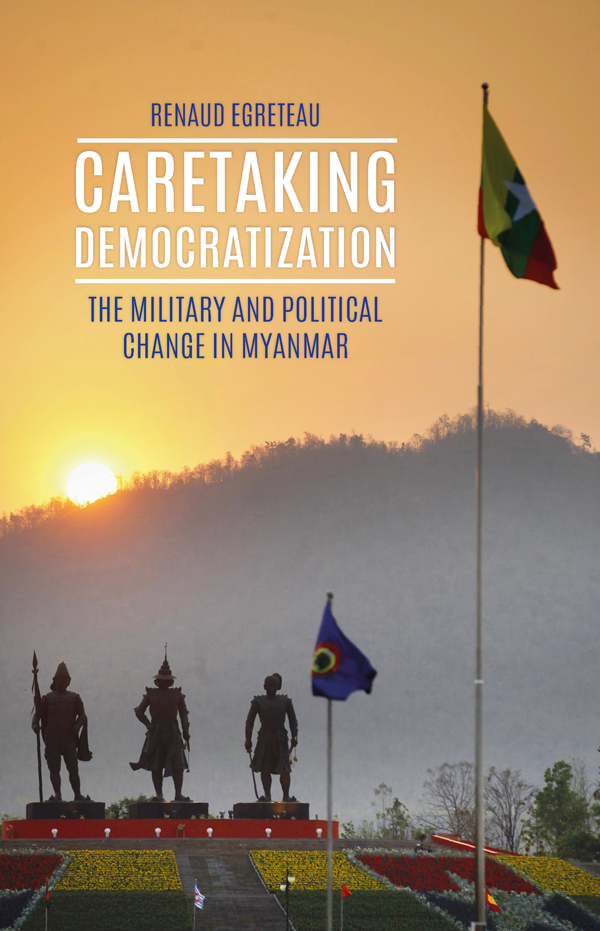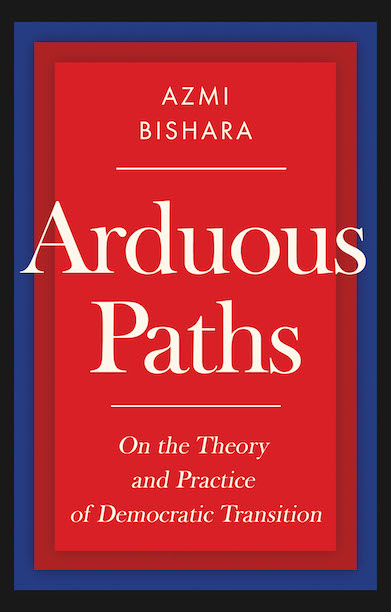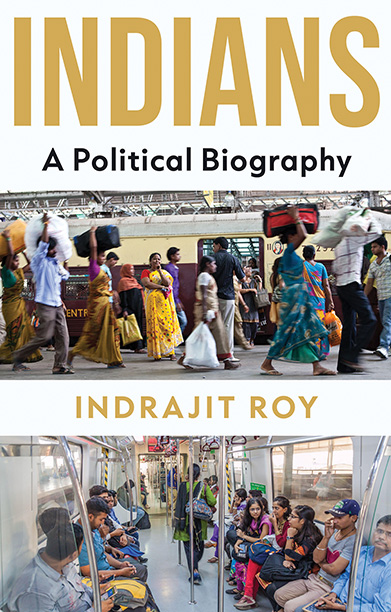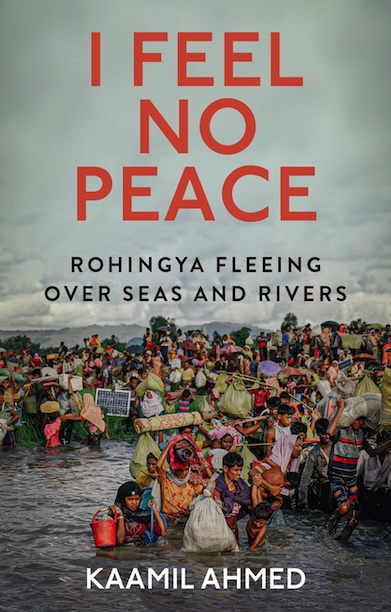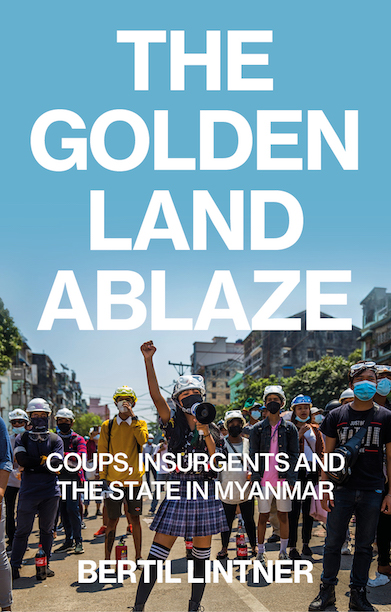Caretaking Democratization
The Military and Political Change in Myanmar
Part of the CERI/Sciences Po. seriesA stark reminder of where the balance of power resides in Myanmar
Description
This book examines the political landscape that took shape in Myanmar after the 2010 elections and the subsequent transition from direct military rule to a quasi-civilian ‘hybrid’ regime. Striking political, social, and economic transformations have indeed taken place in the long-isolated country since the military junta was disbanded in March 2011. To better construe — and question — what has routinely been labelled a ‘Burmese Spring’, Egreteau examines the reasons behind the ongoing political transition, as well as the role of the Burmese armed forces in that process, drawing on in-depth interviews with Burmese political actors, party leaders, parliamentarians and retired army officers.
The study also takes its cue from comparative scholarship on civil-military relations and post-authoritarian politics, to look at the ‘praetorian’ logic explaining the transitional moment. Myanmar’s road to democratic change is, however, still paved with daunting obstacles. As the book suggests, the continuing military intervention in domestic politics, the resilience of bureaucratic, economic and political clientelism at all levels of society, the iconification of Aung San Suu Kyi, the shadowy influence of regional and global powers, as well as enduring concerns about interethnic and interreligious relations, all are strong reminders of the series of elemental conundrums with which Myanmar will have to deal in order to achieve democratization, sustainable development and peace.
Reviews
‘[I]mpressive. […] the book is valuable not only to Myanmar specialists, but also to political scientists who want to know how Myanmar’s political transition fits in with broader insights and debates.’ — Jürgen Haacke, Contemporary Southeast Asia
‘A timely and first-rate analysis of the complex changes taking place in Myanmar, Caretaking Democratization is a must-read for anyone trying to understanding the country’s labyrinthine politics.’ — Thant Myint-U, Chairman of the Yangon Heritage Trust and author of The River of Lost Footsteps: A Personal History of Burma
‘Renaud Egreteau combines in this important new work an expert knowledge of Myanma society and politics with a close understanding of the theoretical literature on military regimes and their transitions. This nuanced volume should be required reading.’ — David I. Steinberg, Distinguished Professor of Asian Studies Emeritus, Georgetown University
‘Since the advent of Thein Sein’s reformist government in 2011, Renaud Egreteau has established himself as an international authority on the political role of Myanmar’s armed forces. This comprehensive and carefully researched book is not only essential reading for that period but also for the country’s future development under Aung San Suu Kyi.’ — Andrew Selth, Associate Professor at Griffith University and Australian National University
‘This book will be of great interest to those seeking to understand Myanmar’s complex political dynamics. Egreteau draws on a wide range of scholarly literature and his own extensive empirical research to analyze the balance of power between the military and other key political actors in the post-2010 period.’ — Christina Fink, Professor of Practice of International Affairs at George Washington University and author of Living Silence in Burma: Surviving under Military Rule
Author(s)
Renaud Egreteau was a 2015-16 Fellow at the Woodrow Wilson International Center for Scholars (Asia Program) in Washington DC, and will be Visiting Fellow at the Institute of Southeast Asian Studies of Singapore in 2017. He holds a PhD in political science from Sciences Po, Paris.
